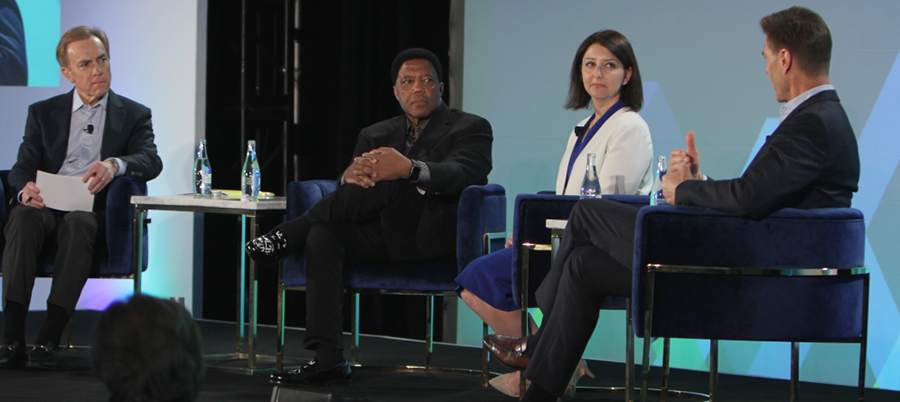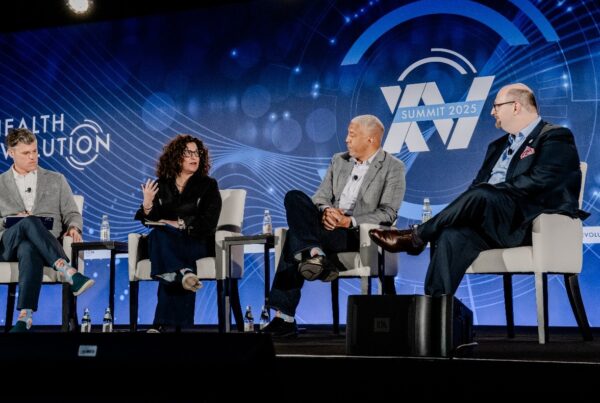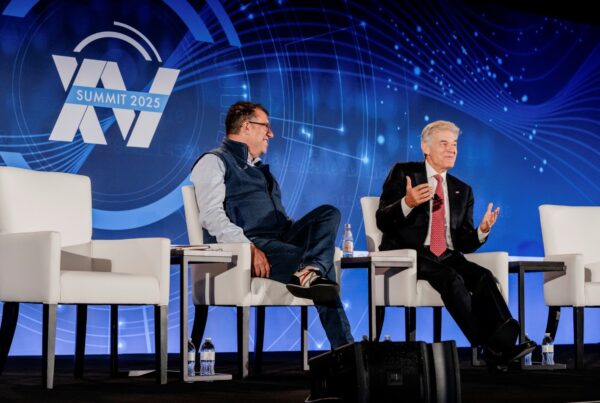The social determinants of health—factors like access (or lack of it) to food, shelter and transportation, exposure to environmental contaminants, and risks from domestic or community violence—account for up to 80 percent of a person’s state of health. Increasingly, healthcare providers in accountable care reimbursement arrangements must address them or risk losing money on patients who suffer health crises because their social needs are not met. Social determinants pose unfamiliar challenges for healthcare providers, but many just have to look around their communities to find individuals and organizations that are experts in meeting these challenges.
“There are people who get up every morning thinking about housing or transportation the way we think about health care,” said Lloyd Dean, CEO of CommonSpirit Health, during a panel discussion at the Health Evolution Summit called “Upstream Investments for Downstream Health.”
“But A is not talking to B, so we get segregated on ‘the healthcare dollar’ or ‘the housing dollar.’” CommonSpirit, the 142-hospital system created in February from a merger of Dignity Health and Catholic Health Initiatives, is systematically reaching out to community organizations and creating an integrated network that it can use for patient referrals, an effort that Dean called “the greatest investment we ever made.”
Steve Nelson, CEO of insurer United Healthcare, said the company made 770,000 referrals to social services over an 18-month period for enrollees in its Medicare Advantage programs, and expects those referrals to reduce medical costs dramatically for those enrollees. “It’s happening — we just need to get it more organized,” he says. Like Dean, he wants to create a formal social resources “ecosystem.”
North Carolina has already begun to establish such an ecosystem, working with United Way and Unite Us, a software company that offers a platform for creating social services networks. The platform in North Carolina is called NCCARE360, said Mandy Cohen, MD, secretary of the North Carolina Department of Health and Human Services.
But it’s not simply a matter of technology. “We have to be very respectful of these organizations that have been in the community for many, many years, and are waking up every day thinking about housing or transportation, where their position is in the community, the trust that they have,” she said. “And we have to be careful not to run that over. Before we talk about, ‘Hey, sign here for your login, and let me teach you how to use the platform,’ it’s ‘Let me share what value I think this will bring to you as an organization, what this will bring to your community, the people that you care about and serve. And then let’s put those pieces together.’”
But unified technology is important, too, she added. “Instead of asking that mom-and-pop food bank to sign into five different platforms, let’s just agree that we’re all going to do the one platform, and then we’re going to work on getting everyone to better health.”











